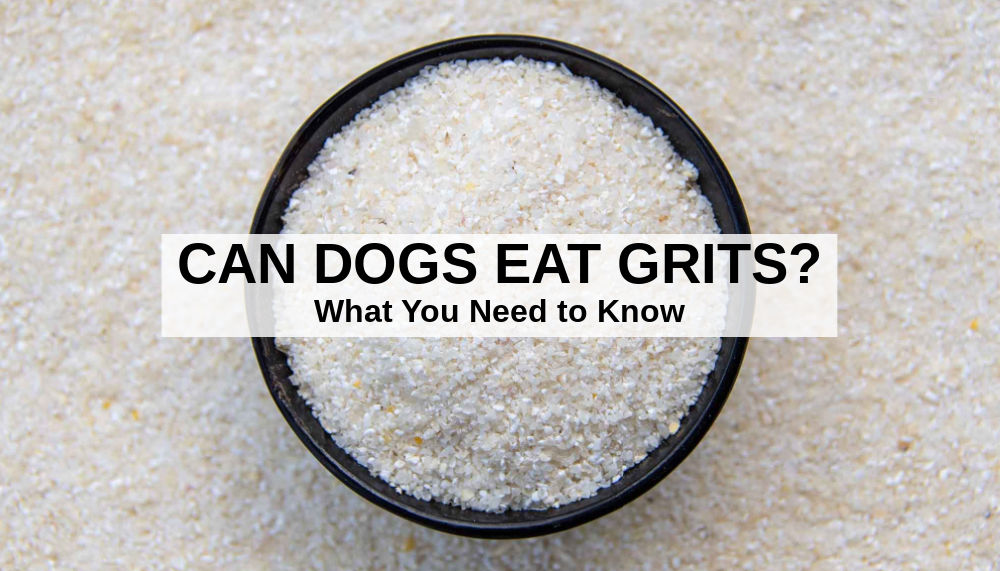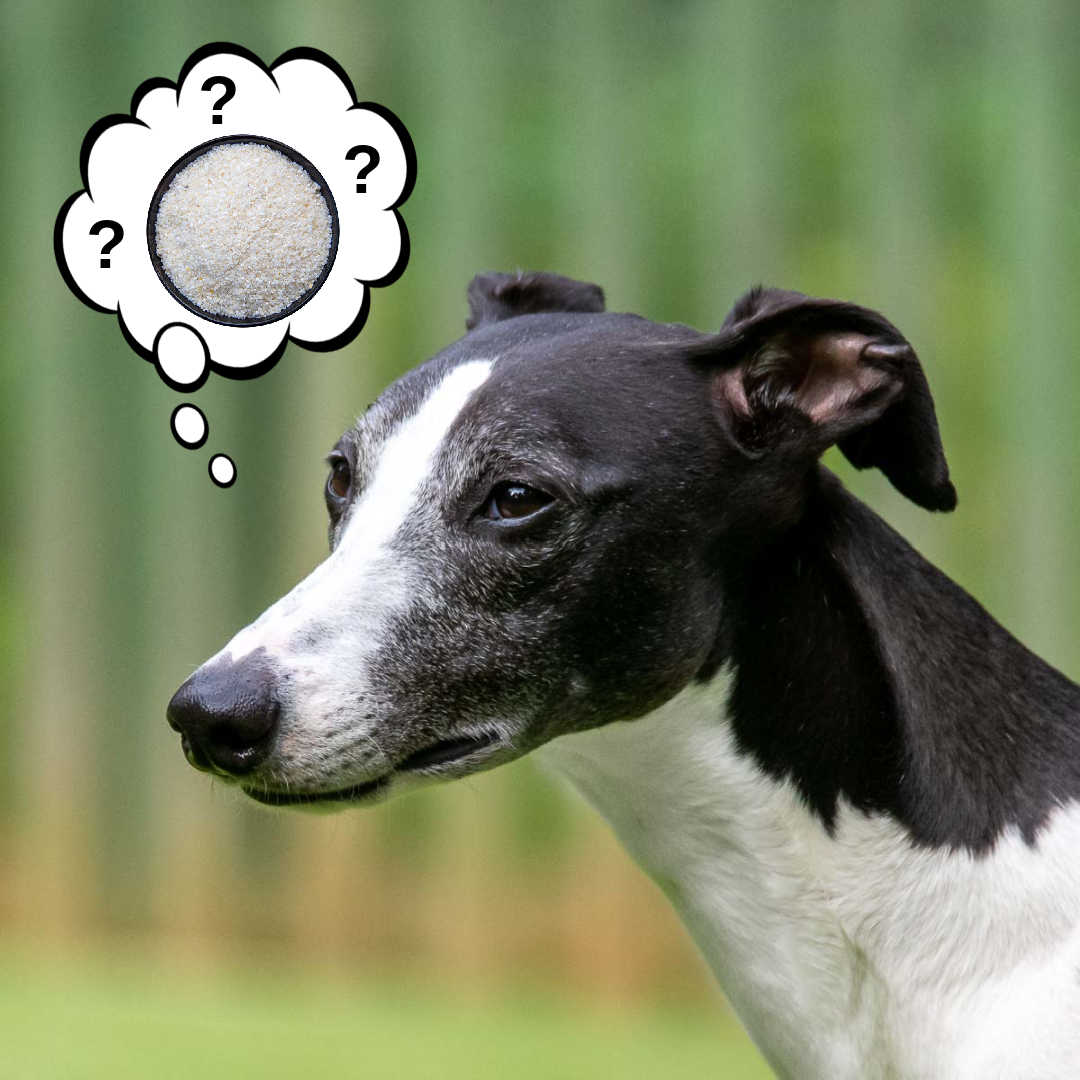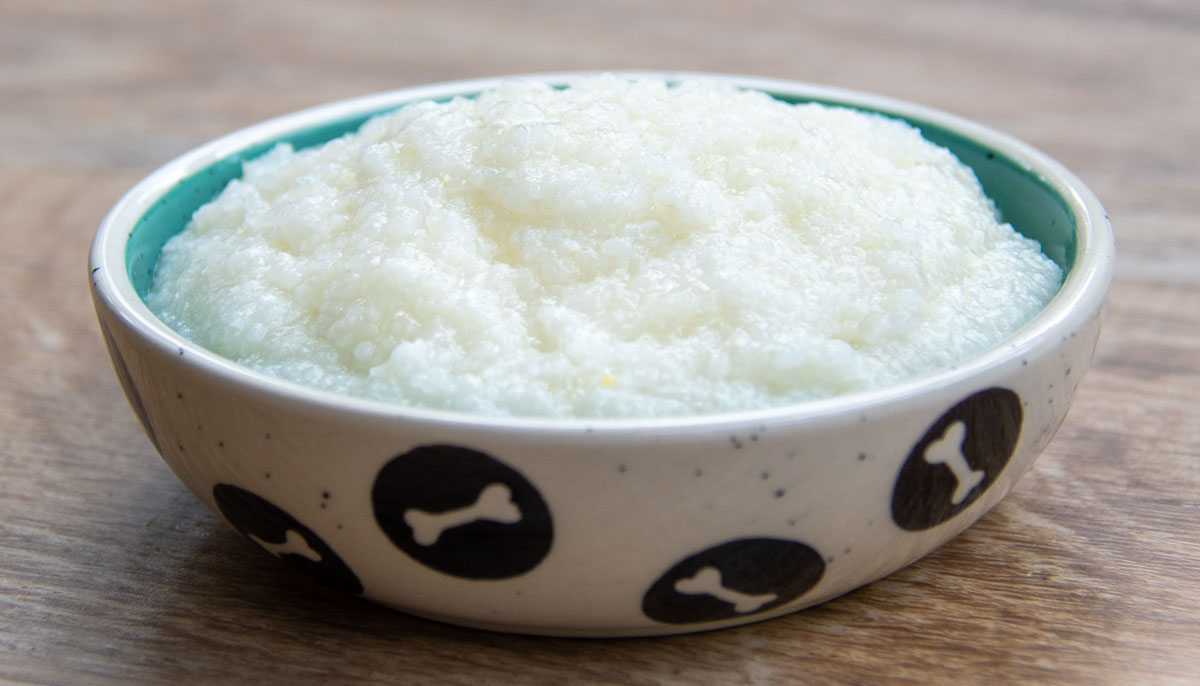If you’re a dog owner who loves Southern cuisine, you may have wondered whether your furry friend can enjoy a plate of grits and eggs with you. The good news is that dogs can safely consume certain types of grits and eggs in moderation. However, it’s essential to understand the potential risks and proper ways to serve these foods to your canine companion. Let’s explore everything you need to know about dogs and these breakfast staples.
Can Dogs Eat Grits?
Grits are a popular dish in the South, and they are typically made from corn. While most dogs can eat and digest corn without any problems, it’s important to note that corn is high in carbs and lacks essential nutrients. Therefore, while grits are generally safe for dogs to consume in small amounts, it’s crucial to avoid serving them too frequently or in large quantities. Too many carbs can lead to weight gain and related health issues.
Types of Grits for Dogs
Different types of grits exist, such as corn grits, grain grits, hominy grits, instant grits, white grits, and yellow grits. Here’s a breakdown of their suitability for dogs:
- Corn Grits: Dogs can have corn grits in small amounts, as long as they don’t have a corn allergy. Serve them cooked and unseasoned.
- Grain Grits: Dogs can only handle a small amount of well-ground grain grits. Whole grains can be challenging for their stomachs.
- Hominy Grits: These grits, made from corn treated with lime, are safe for dogs in minimal quantities and when served cooked and unseasoned.
- Instant Grits: Instant grits are not toxic, but it’s easy for dogs to overindulge in them. Eating too much can lead to weight gain and neglecting other essential nutrients.
- White Grits: Dogs should only have a small amount of white grits occasionally, as they lack significant nutritional value.
- Yellow Grits: Yellow grits, made from yellow corn, are essentially empty calories for dogs. Eating too much can contribute to weight gain, heart disease, and diabetes.
Can Dogs Eat Cooked Grits?
Cooked grits can be safe for dogs when served in moderation and plain, without any additional ingredients or seasonings. The best option is to offer a small amount of plain, cooked grits as an occasional treat. It’s important to remember that grits should not become a regular part of your dog’s diet, as they lack nutritional value and can lead to weight gain.
Grits with Butter, Eggs, and Cheese
When it comes to serving grits alongside other ingredients, such as butter, eggs, or cheese, there are a few factors to consider. Small amounts of butter are generally safe for dogs, but excessive consumption can increase the risk of heart disease. Eggs, on the other hand, are a good source of protein and essential amino acids for dogs, so it’s safe to include eggs in their diet. However, it’s safer to prioritize eggs over grits for your furry friend. Dogs should avoid cheese grits, as cheese can be high in saturated fats. Sugar grits should also be avoided, as sugar can lead to weight gain and make blood sugar levels difficult to manage.
Frequently Asked Questions
Q: Can dogs eat dry grits?
Dogs should not consume dry grits. If they accidentally eat uncooked grits, make sure they have access to plenty of water to aid digestion.
Q: Can dogs eat fried grits?
Fried foods, including fried grits, can be detrimental to dogs’ health. It’s essential to avoid feeding them to your furry friend, as they can contribute to weight gain and heart disease.
Q: Are grits healthy for dogs?
While dogs can eat small amounts of certain types of grits, including cooked and unseasoned ones, grits lack significant nutritional value for them. It’s best to offer them as an occasional treat rather than a regular part of their diet.
Q: What are some other human foods that dogs can safely eat?
While it’s crucial to prioritize a balanced and nutritionally complete dog food, some safe human foods for dogs include cooked lean meats, fruits like apples and bananas, and vegetables like carrots and green beans.
Conclusion
While it may be tempting to share your plate of grits and eggs with your dog, it’s important to approach this treat with caution. Dogs can safely enjoy small amounts of certain types of grits, especially when served cooked and unseasoned. However, grits lack significant nutritional benefits for dogs and can contribute to weight gain if consumed excessively. Always remember to prioritize a balanced and appropriate diet for your furry friend to ensure their overall health and well-being.
For more information on dog food safety and other human foods that are safe or toxic for dogs, visit Pawsoha.
📌 Pin this to save and share 📌


